Filter data
|
ID |
Nickname |
Country / City |
Languages |
Taxonomies |
Comment |
Project / Group |
Map |
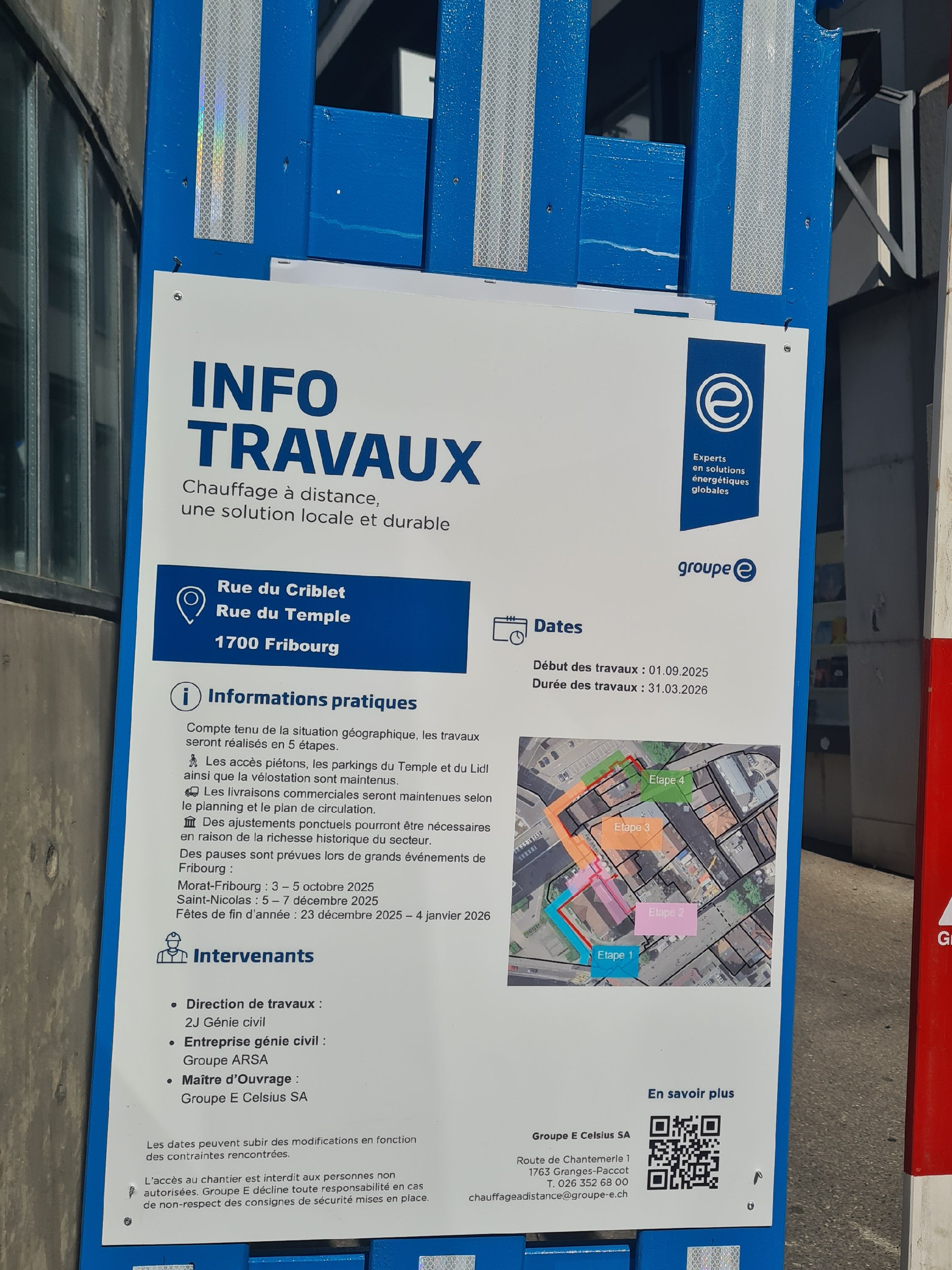
|
137234
|
L-U.K
|
Switzerland
Fribourg
|
|
|
—
|
|
|
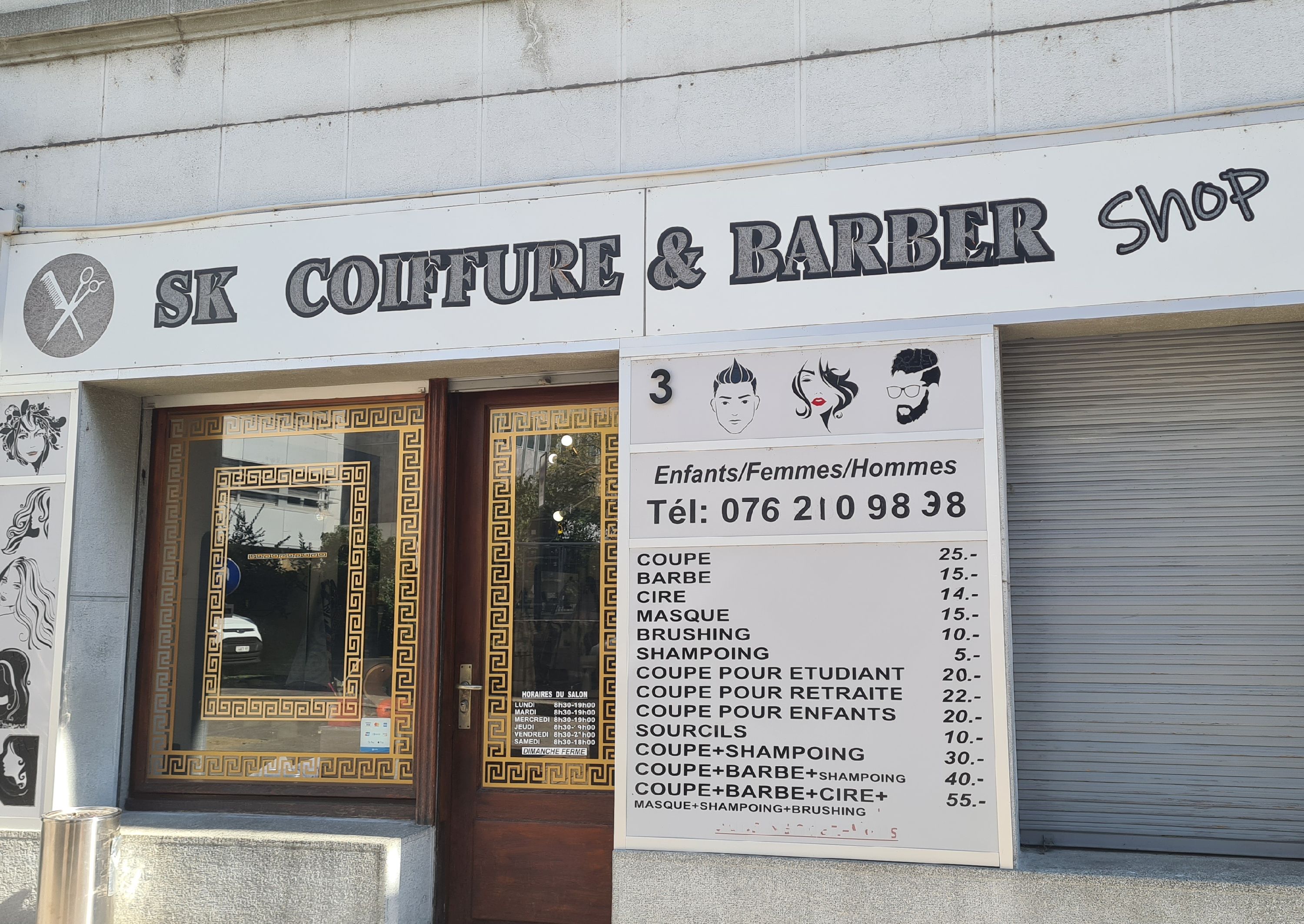
|
137233
|
L-U.K
|
Switzerland
Fribourg
|
|
|
—
|
|
|
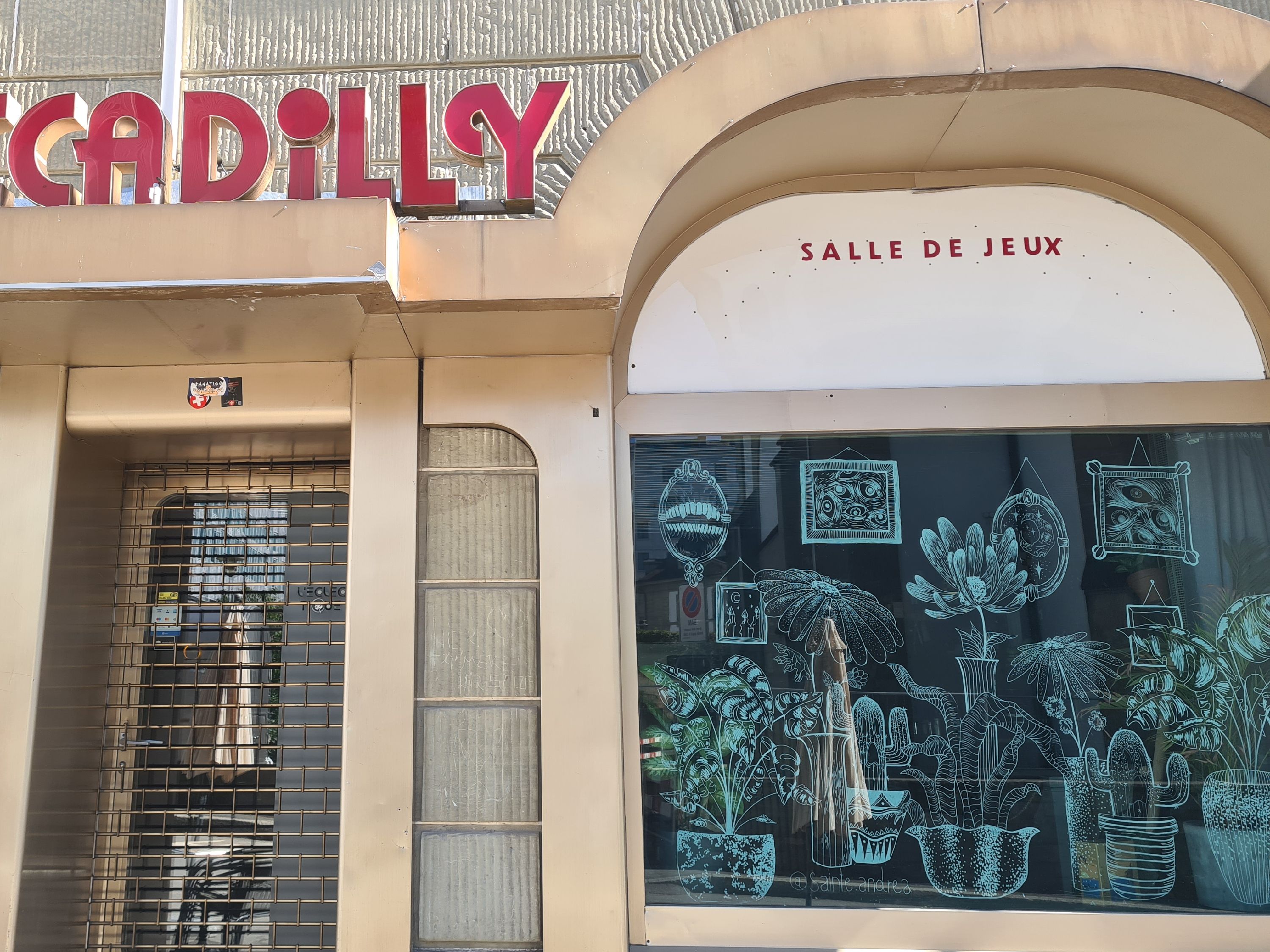
|
137232
|
L-U.K
|
Switzerland
Fribourg
|
|
|
—
|
|
|
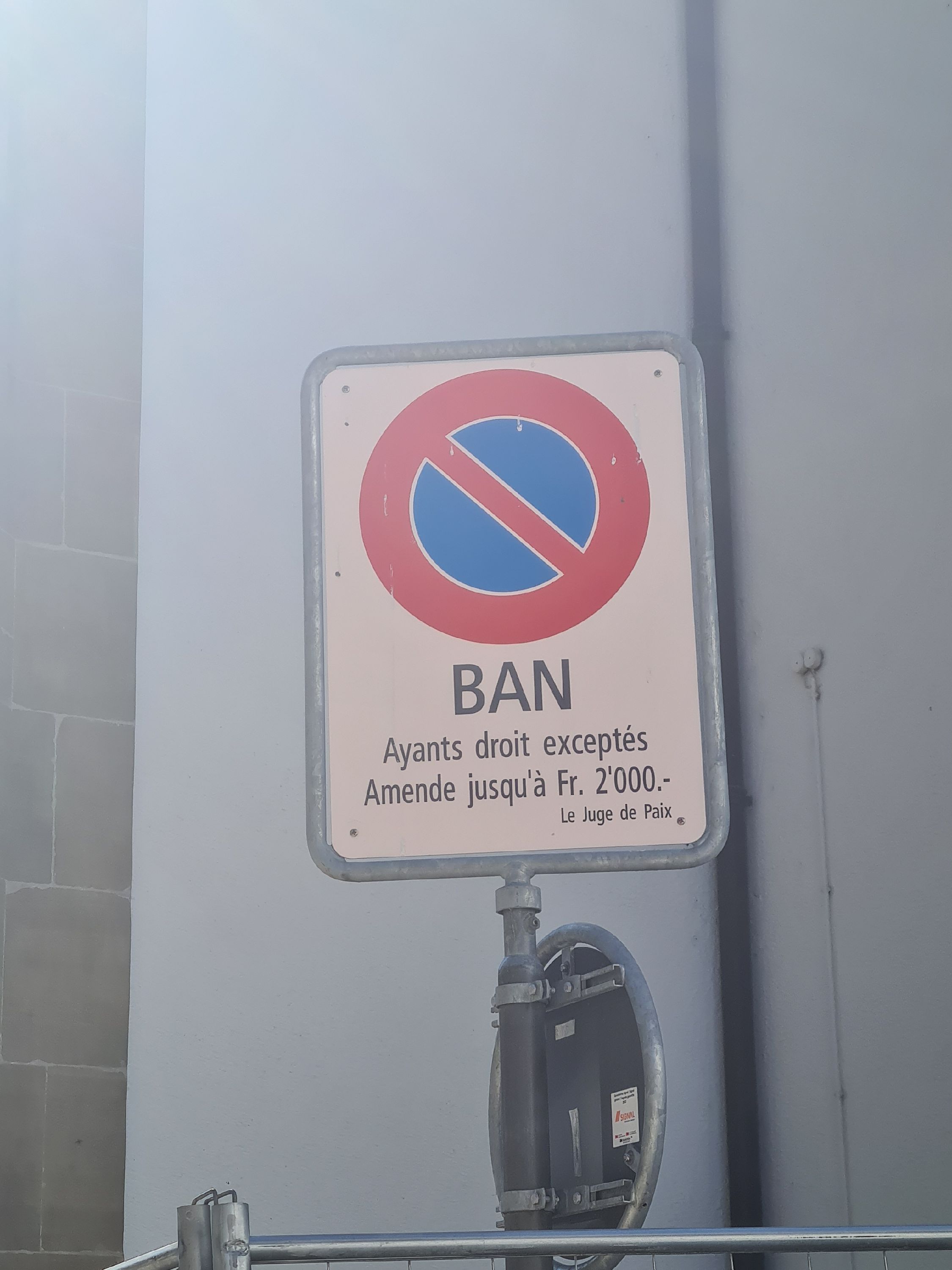
|
137231
|
L-U.K
|
Switzerland
Fribourg
|
|
|
—
|
|
|
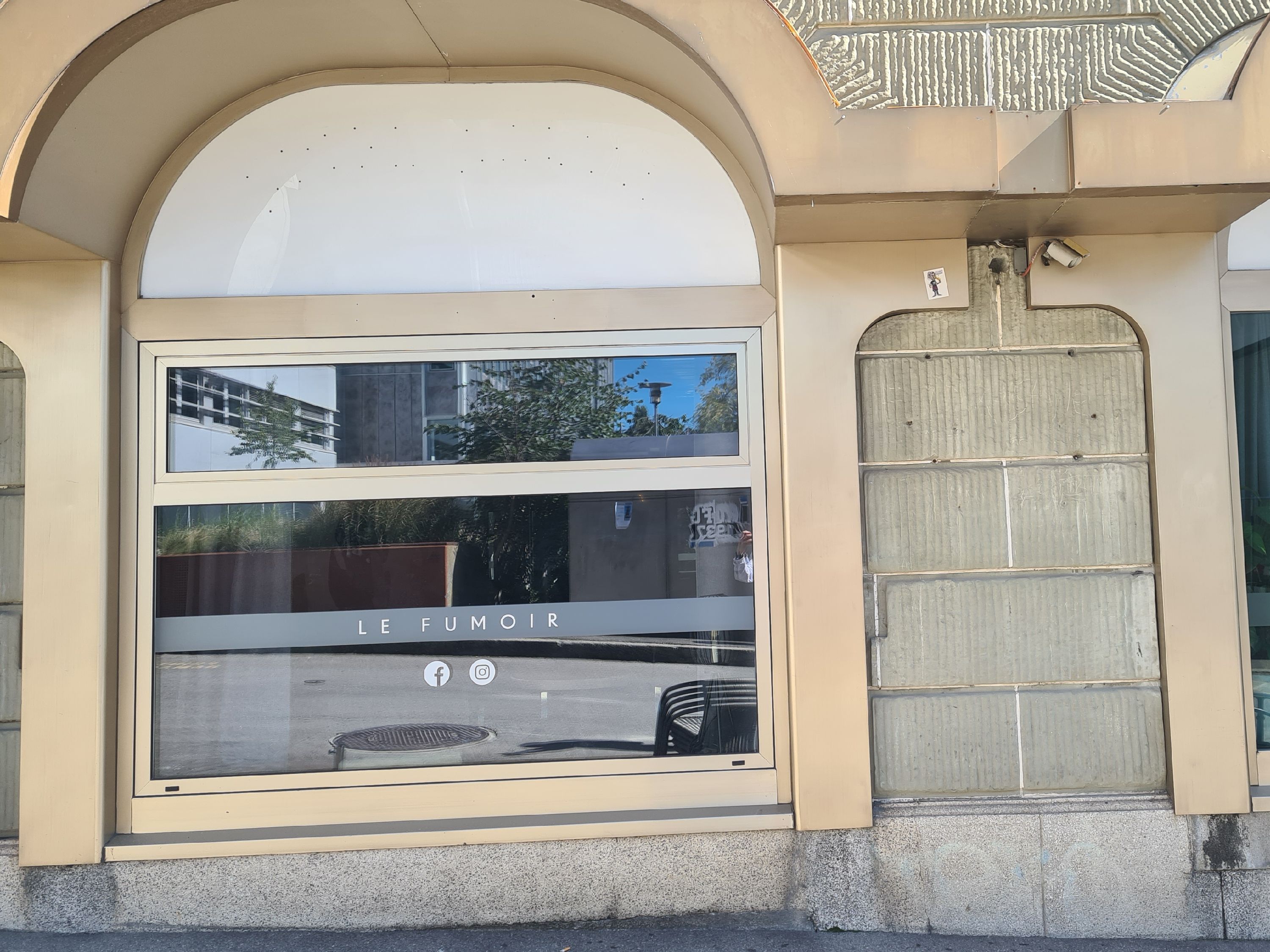
|
137228
|
L-U.K
|
Switzerland
Fribourg
|
|
|
—
|
|
|
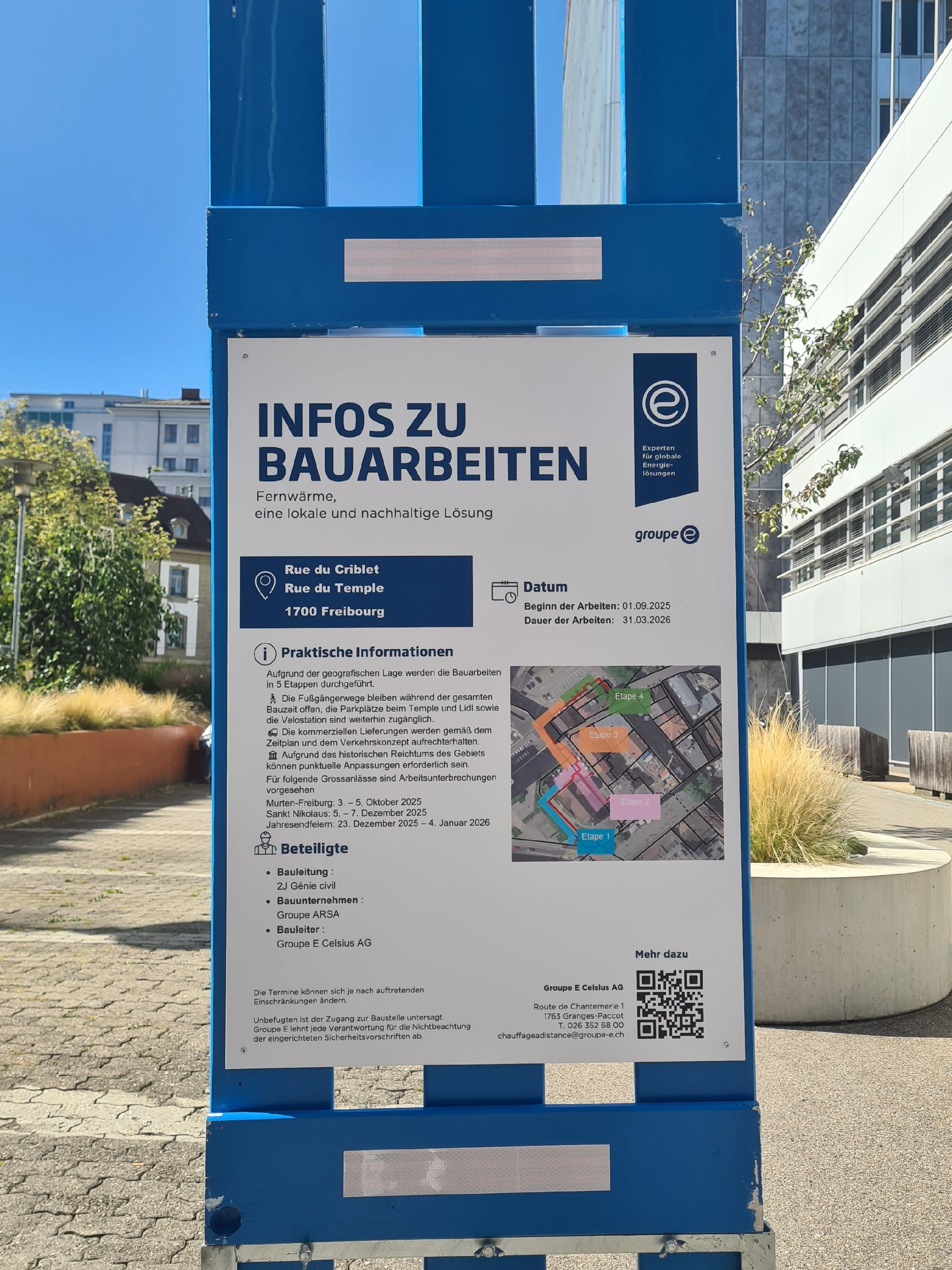
|
137227
|
L-U.K
|
Switzerland
Fribourg
|
|
|
—
|
|
|
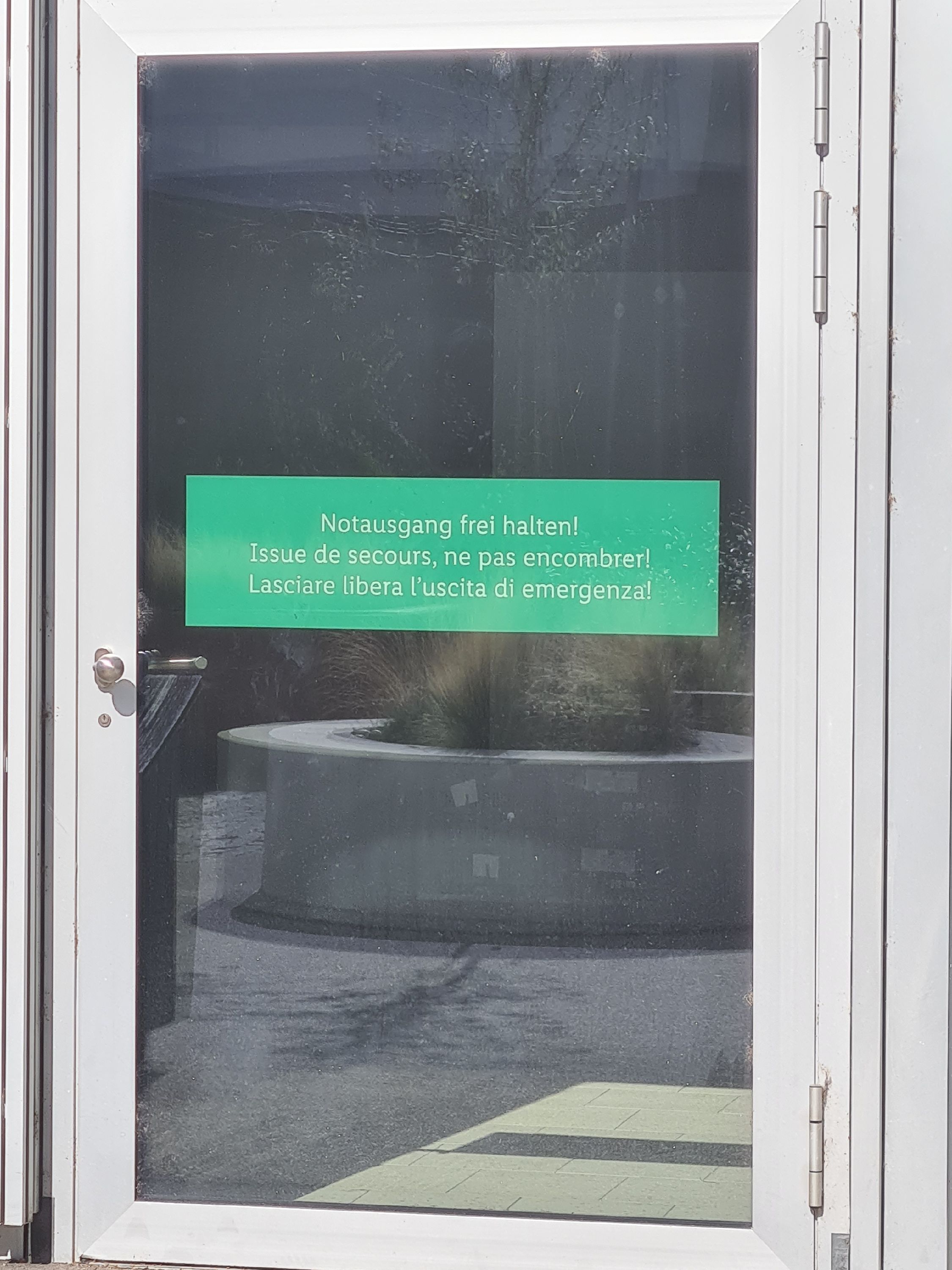
|
137226
|
L-U.K
|
Switzerland
Fribourg
|
|
|
—
|
|
|
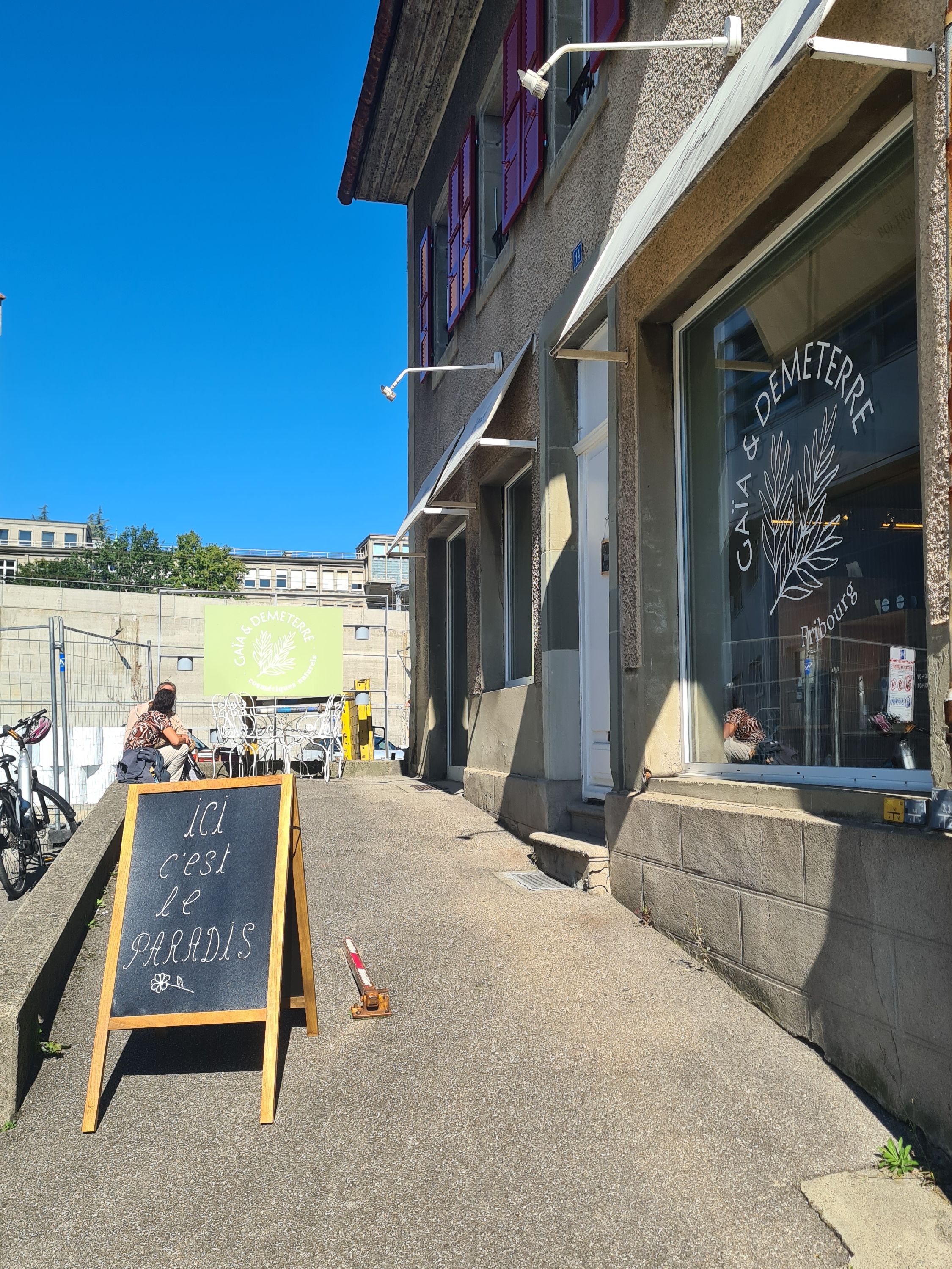
|
137225
|
L-U.K
|
Switzerland
Fribourg
|
|
|
—
|
Freiburg/Fribourg2025
|
|
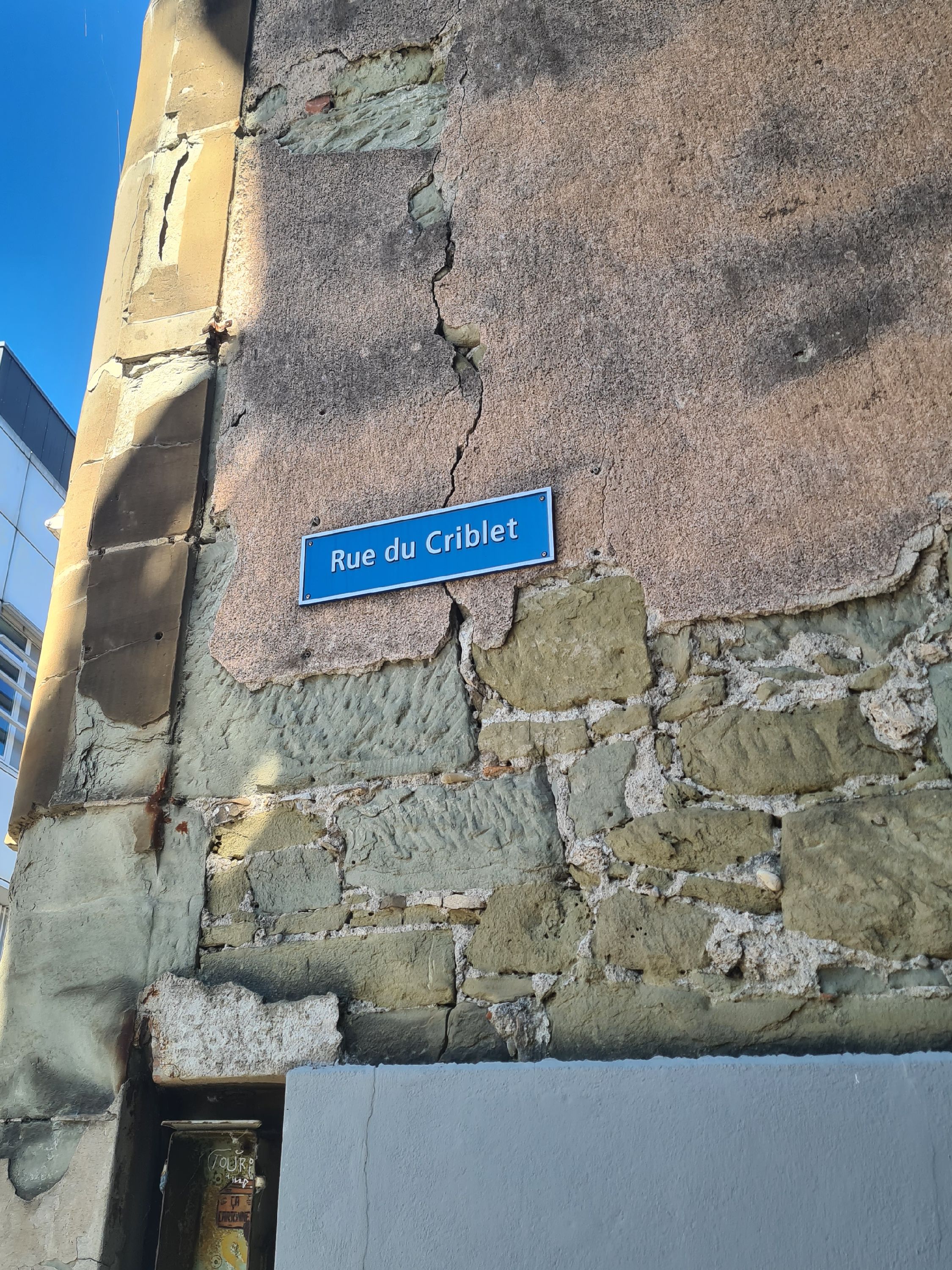
|
137224
|
L-U.K
|
Switzerland
Fribourg
|
|
|
—
|
Freiburg/Fribourg2025
|
|
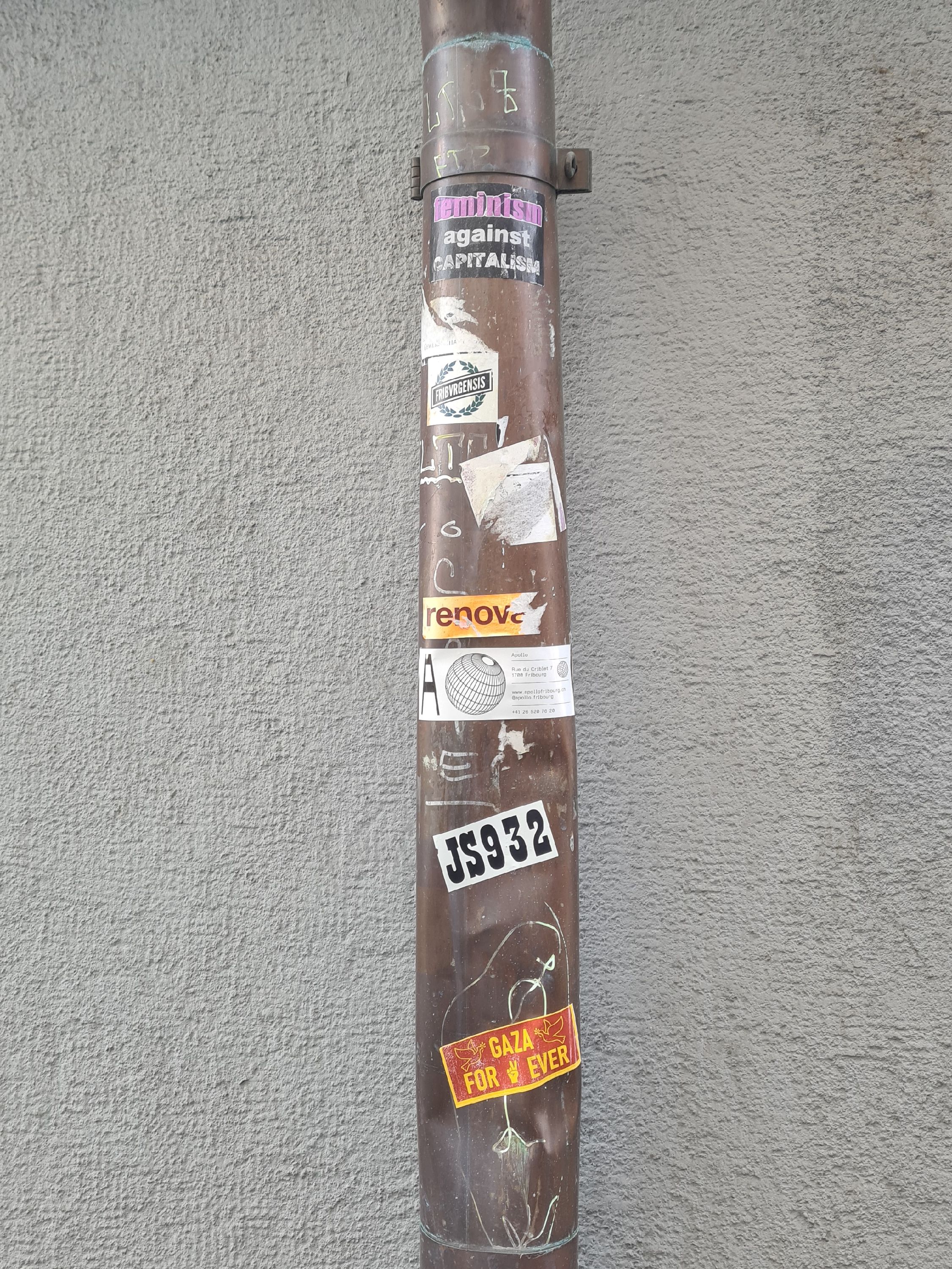
|
137223
|
L-U.K
|
Switzerland
Fribourg
|
|
|
—
|
Freiburg/Fribourg2025
|
|
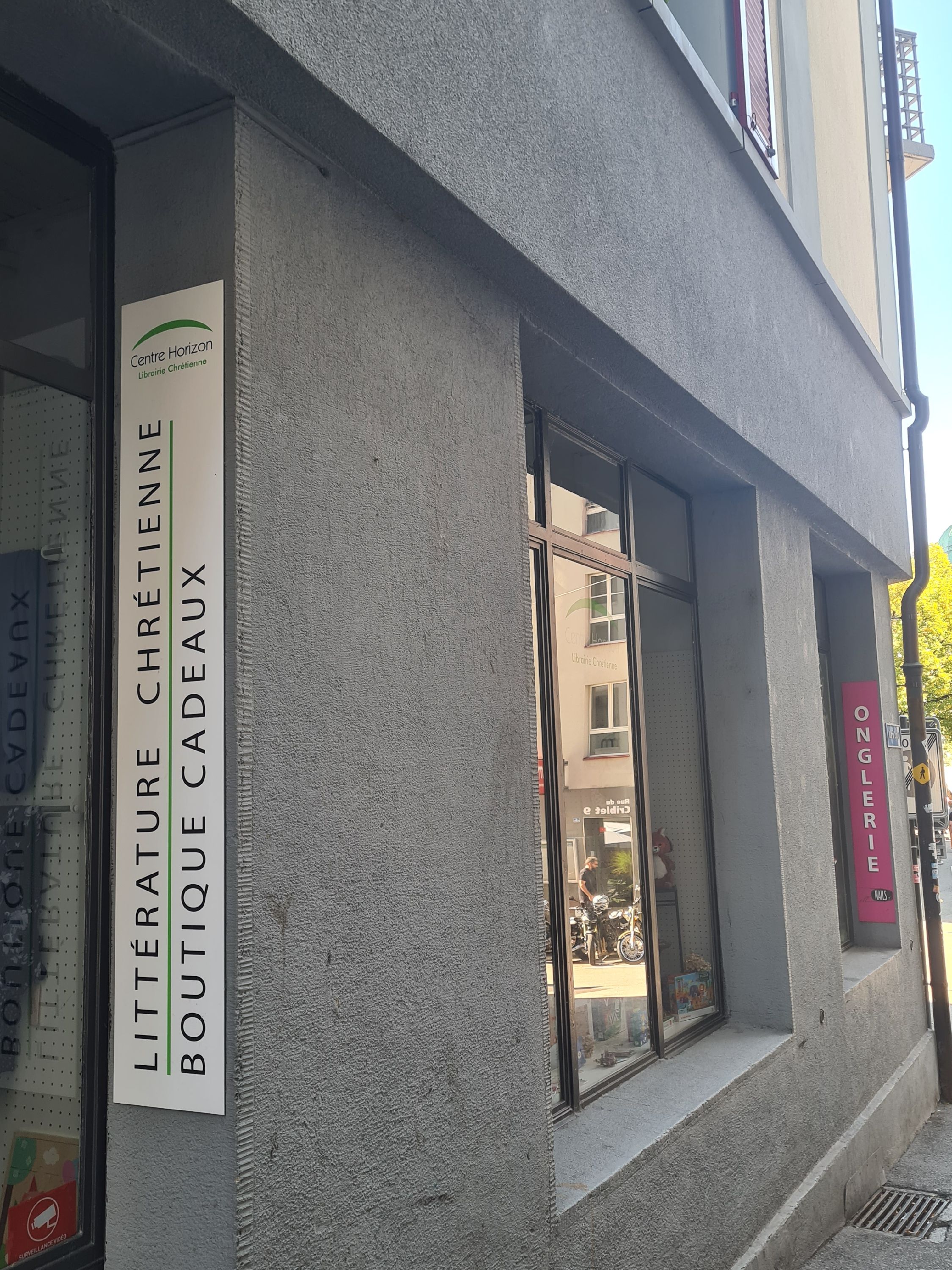
|
137222
|
L-U.K
|
Switzerland
Fribourg
|
|
|
—
|
Freiburg/Fribourg2025
|
|
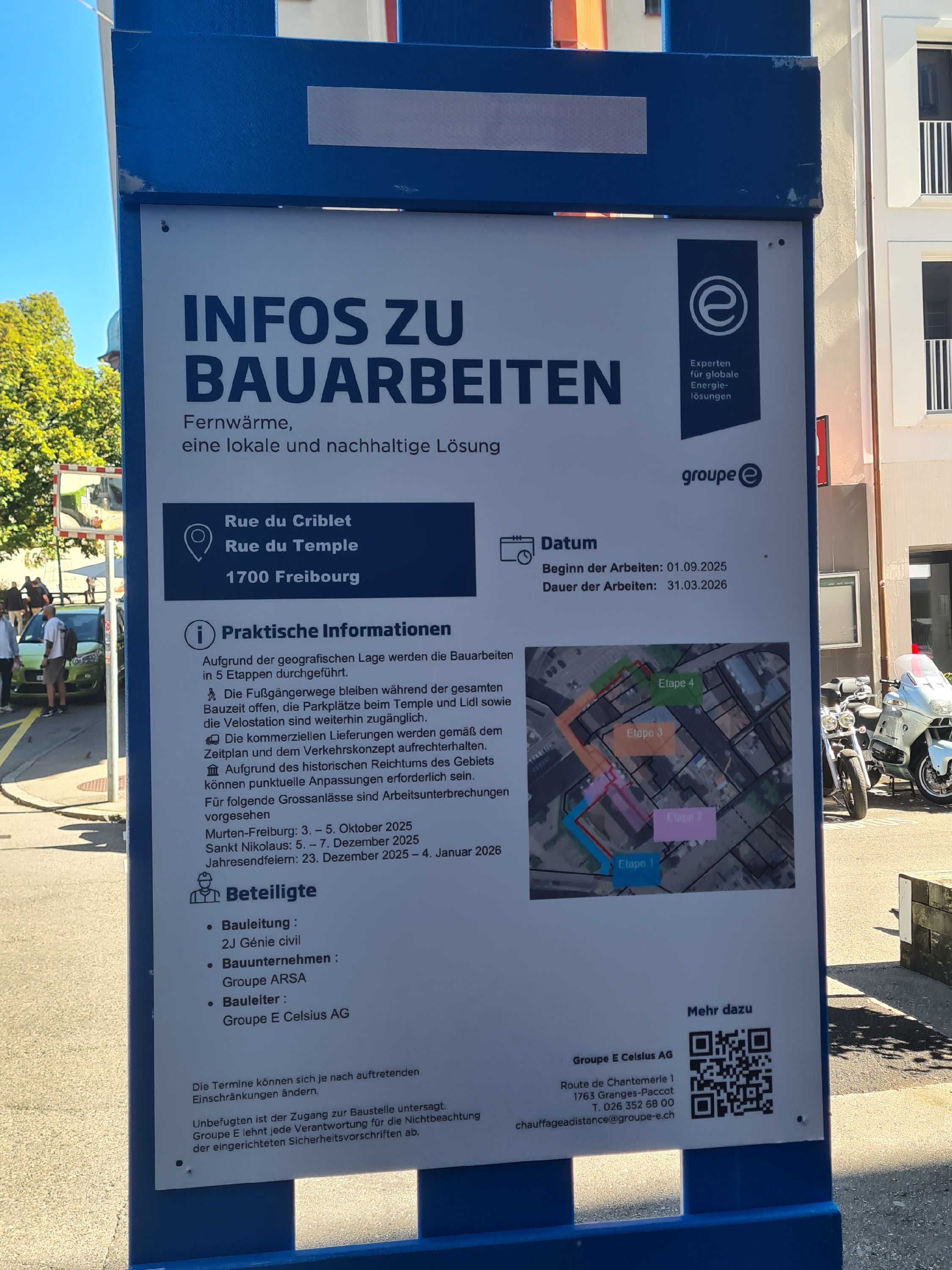
|
137221
|
L-U.K
|
Switzerland
Fribourg
|
|
|
—
|
Freiburg/Fribourg2025
|
|
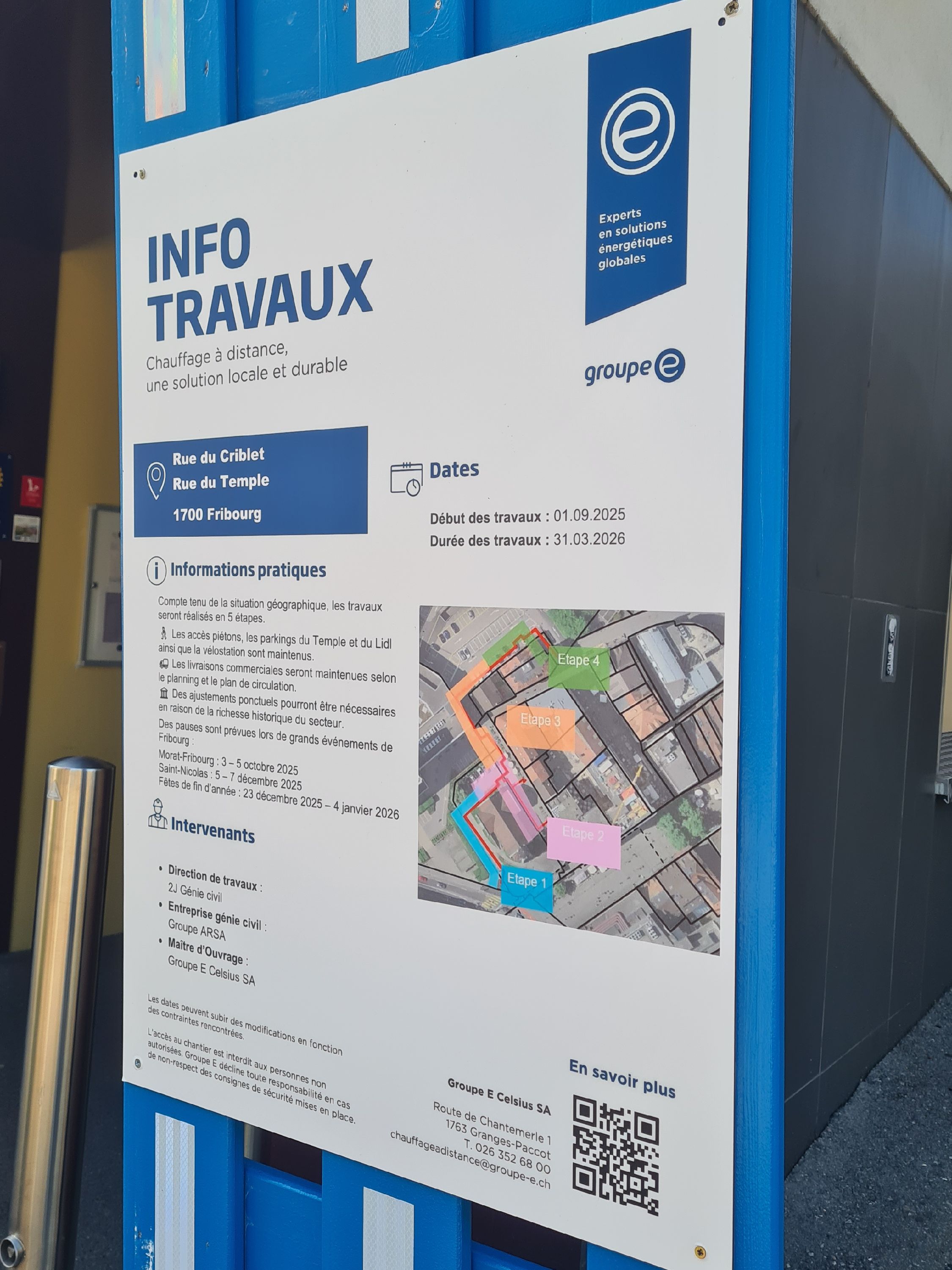
|
137220
|
L-U.K
|
Switzerland
Fribourg
|
|
|
—
|
Freiburg/Fribourg2025
|
|
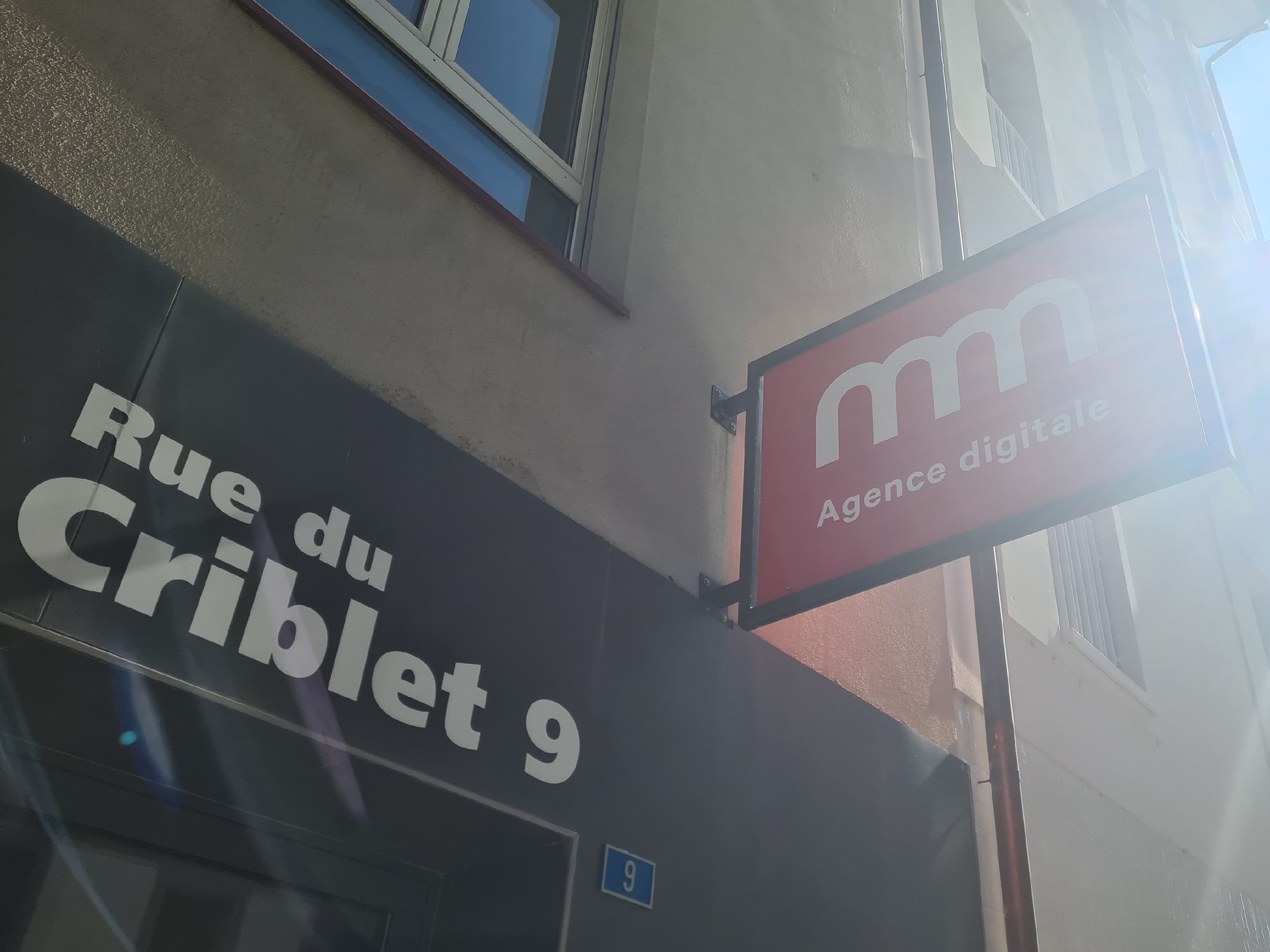
|
137219
|
L-U.K
|
Switzerland
Fribourg
|
|
|
—
|
Freiburg/Fribourg2025
|
|
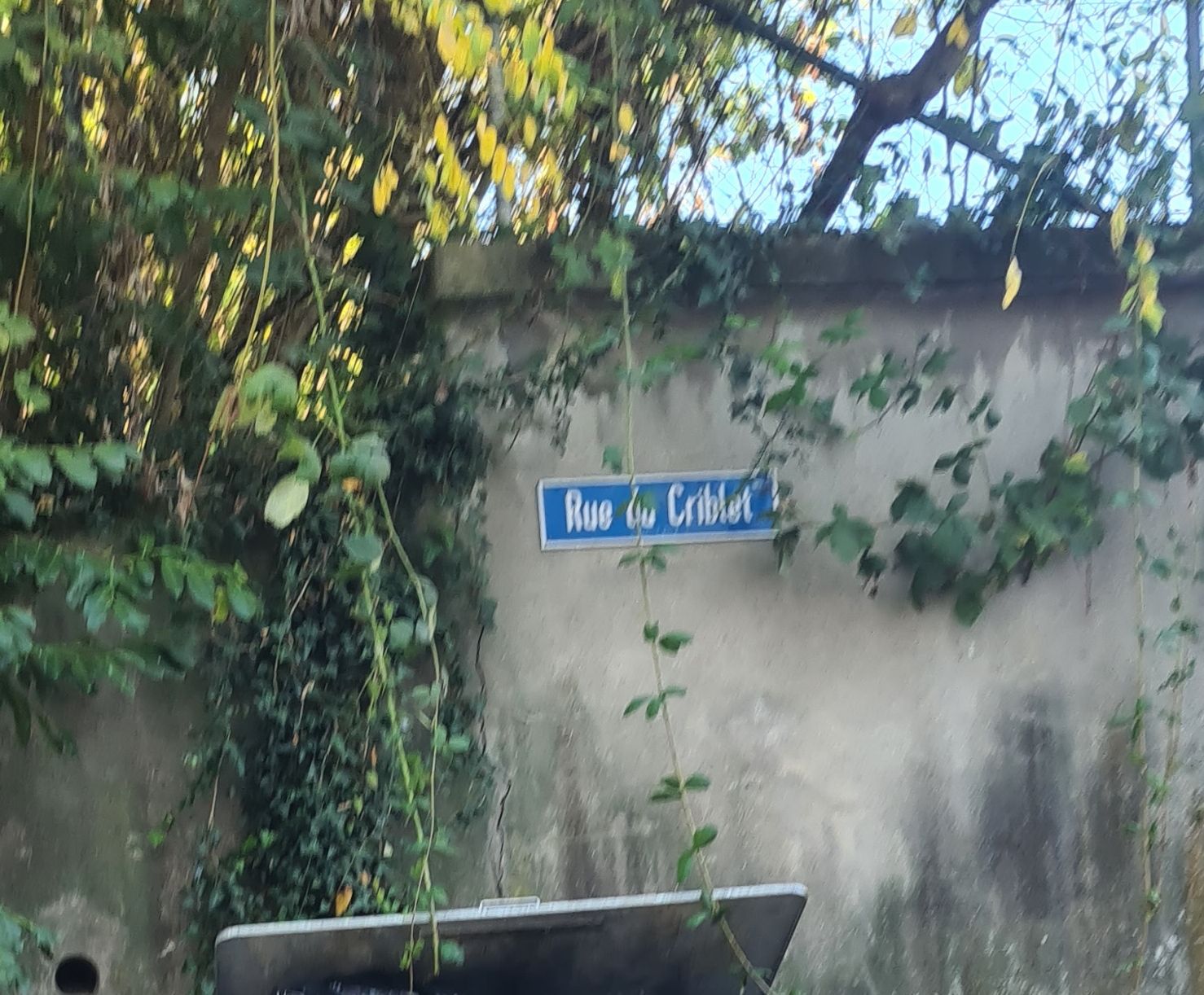
|
137218
|
L-U.K
|
Switzerland
Fribourg
|
|
|
—
|
Freiburg/Fribourg2025
|
|
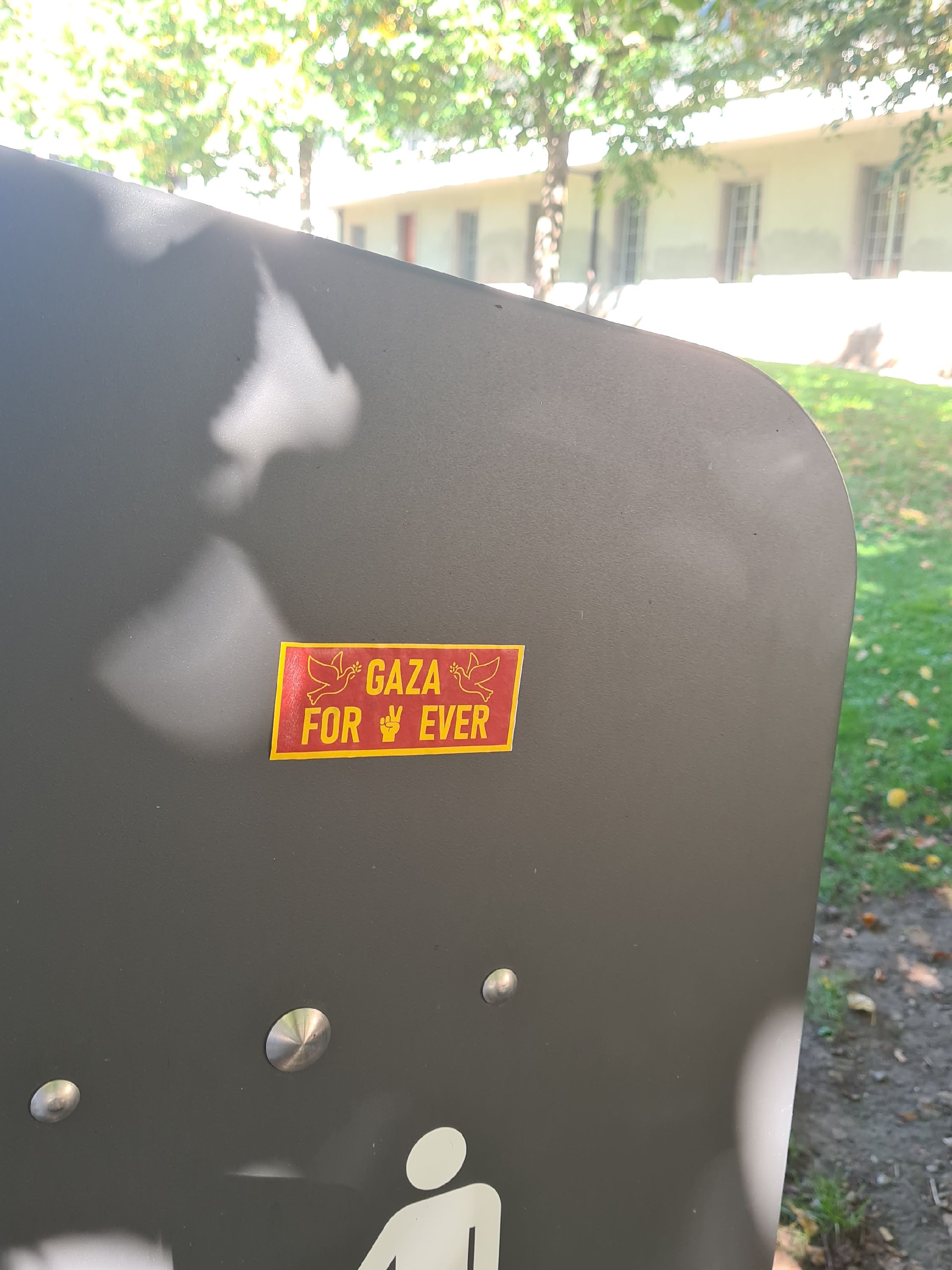
|
137217
|
L-U.K
|
Switzerland
Fribourg
|
|
|
—
|
Freiburg/Fribourg2025
|
|
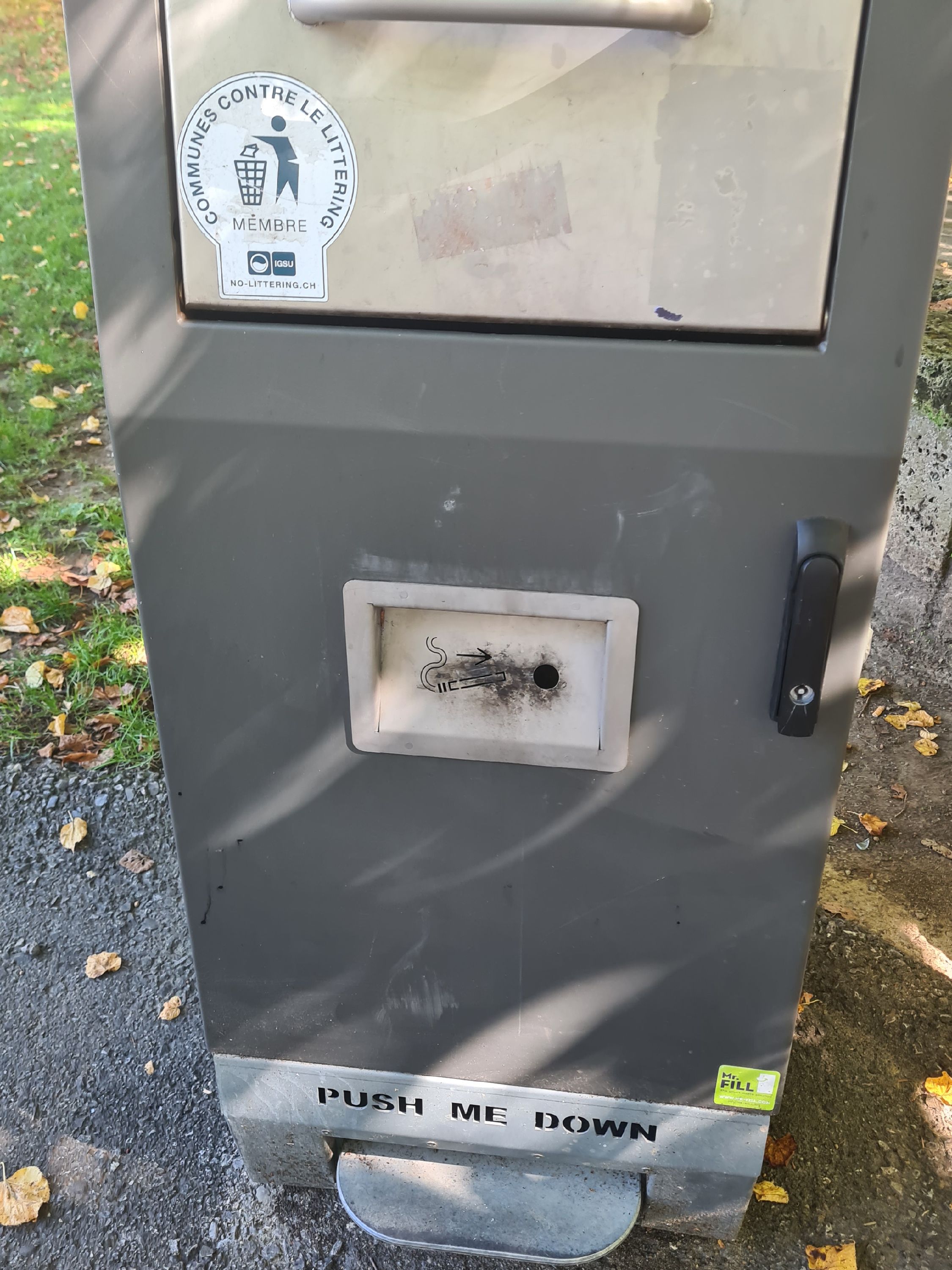
|
137216
|
L-U.K
|
Switzerland
Fribourg
|
|
|
—
|
Freiburg/Fribourg2025
|
|
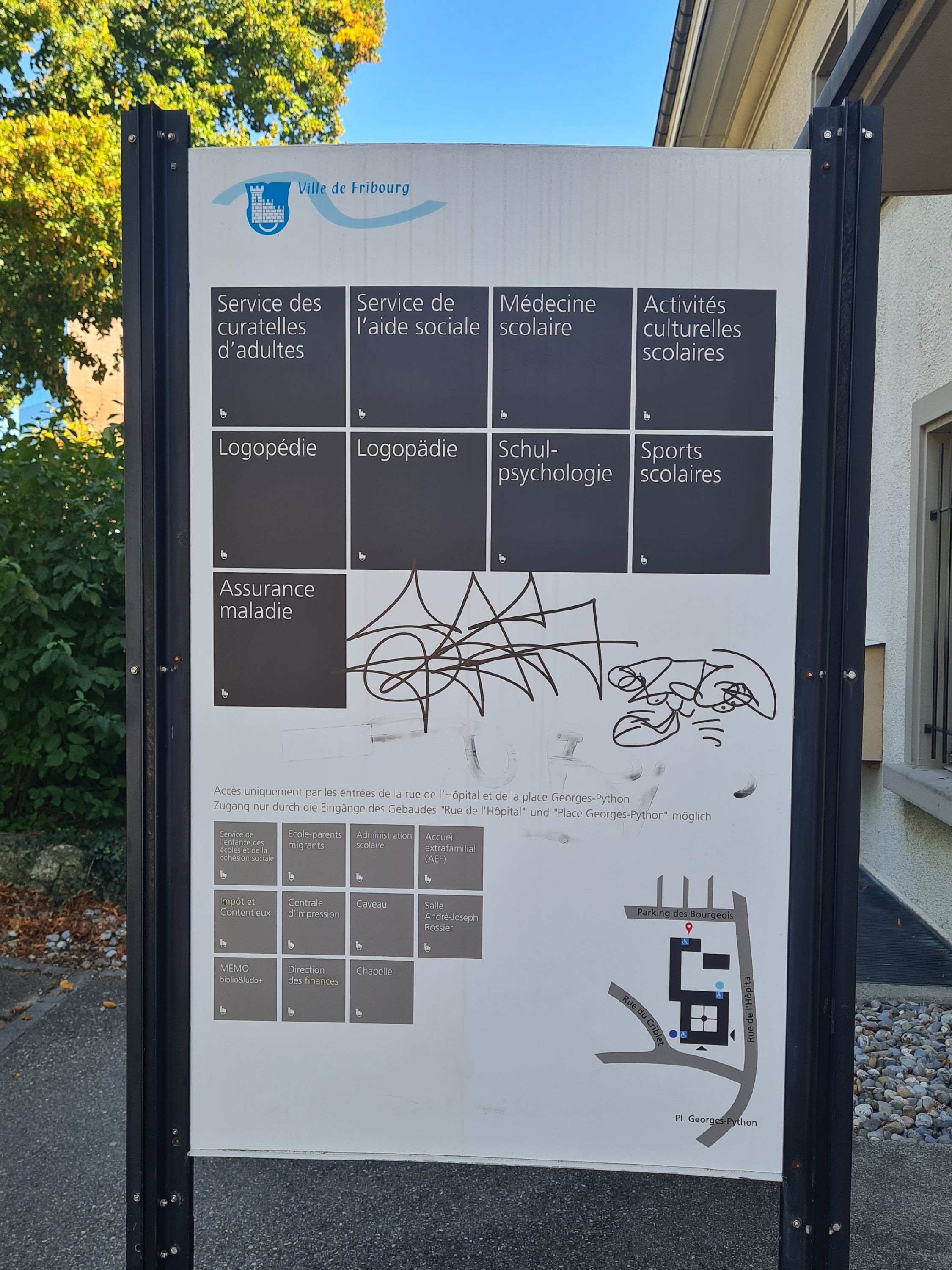
|
137215
|
L-U.K
|
Switzerland
Fribourg
|
|
|
—
|
Freiburg/Fribourg2025
|
|
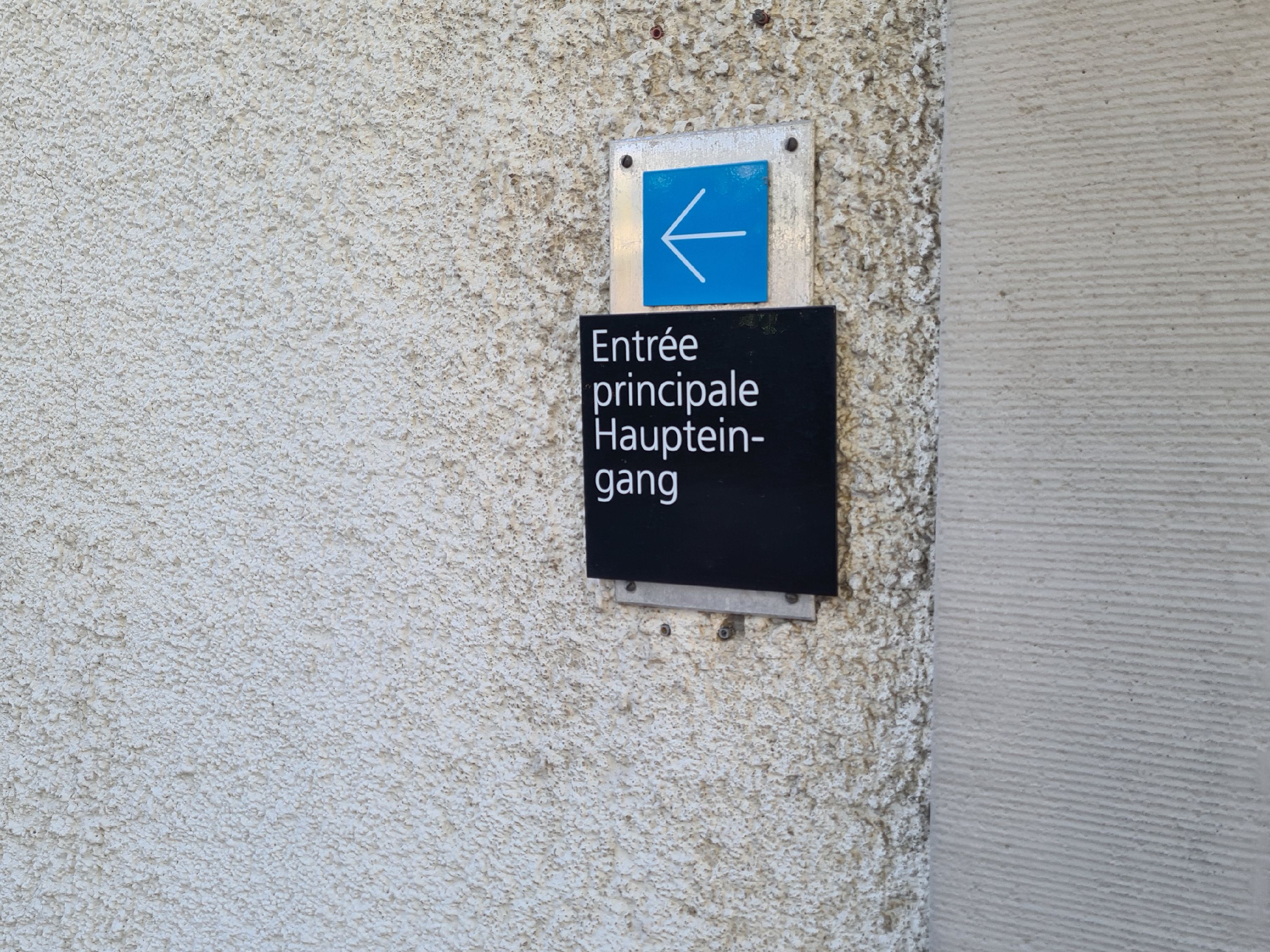
|
137214
|
L-U.K
|
Switzerland
Fribourg
|
|
|
—
|
Freiburg/Fribourg2025
|
|
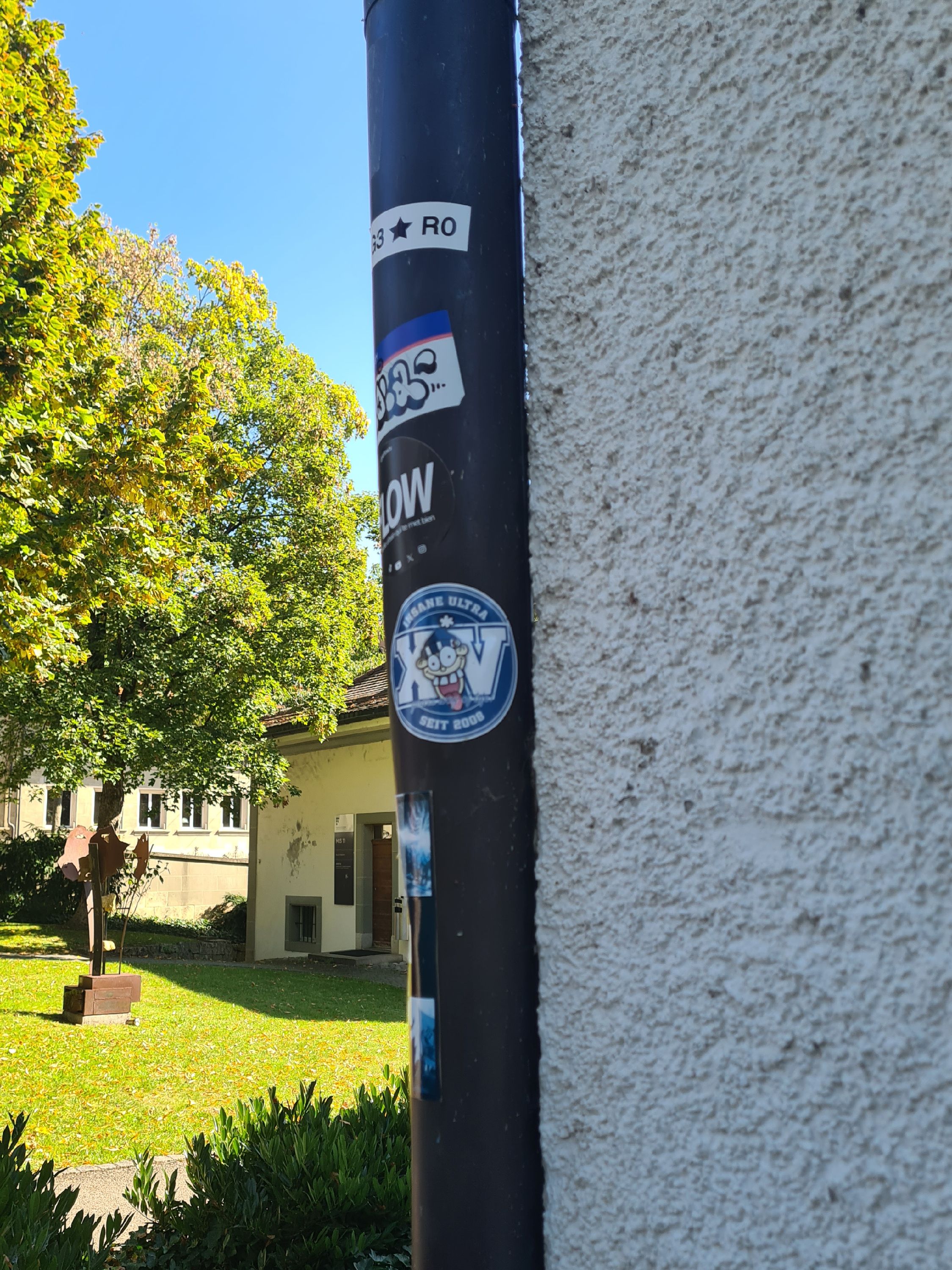
|
137213
|
L-U.K
|
Switzerland
Fribourg
|
|
|
—
|
Freiburg/Fribourg2025
|
|